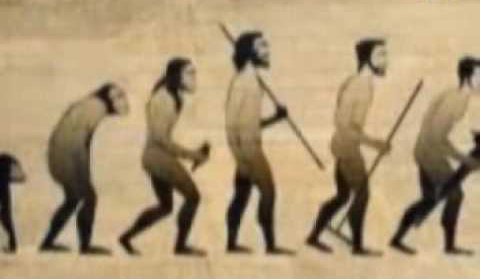An increase in the activity of carbon dioxide (CO2) in the Southern Ocean could explain the mysterious growth of human civilisation 11,000 years ago, says a study.
The researchers found that an increase in the Southern Ocean’s upwelling could be responsible for stabilising the climate of the Holocene — the period reaching more than 10,000 years before the Industrial Revolution — critical to the development of human civilisation.
The Holocene was an “interglacial period,” one of the rare intervals of warm climate that have occurred over the ice age cycles of the last million years.
The retreat of the glaciers opened a more expansive landscape for humans, and the higher concentrations of CO2 in the atmosphere made for more productive agriculture, which allowed people to reduce their hunter-gathering activities and build permanent settlements, the researchers explained.
“Increased circulation in the Southern Ocean allowed CO2 to leak into the atmosphere, working to warm the planet,” said Daniel Sigman, Professor at Princeton University.
For the study, published in the journal Nature Geoscience, the team investigated three types of fossils from several different areas of the Southern Ocean: diatoms and foraminifers, both shelled microorganisms found in the oceans, and deep-sea corals.
The fossil-bound nitrogen isotope measurements indicate that during the Holocene, increasing amounts of water, rich in nutrients and CO2, welled up from the deep ocean to the surface of the Southern Ocean.
The absorption of carbon by the ocean is slowing the rise in atmospheric CO2 produced by fossil fuel burning, and the upwelling of the Southern Ocean is still allowing some of that CO2 to vent back into the atmosphere.
The findings about ocean changes could also have implications for predicting how global warming will affect ocean circulation and how much atmospheric CO2 will rise due to fossil fuel burning, the researchers said. IANS
